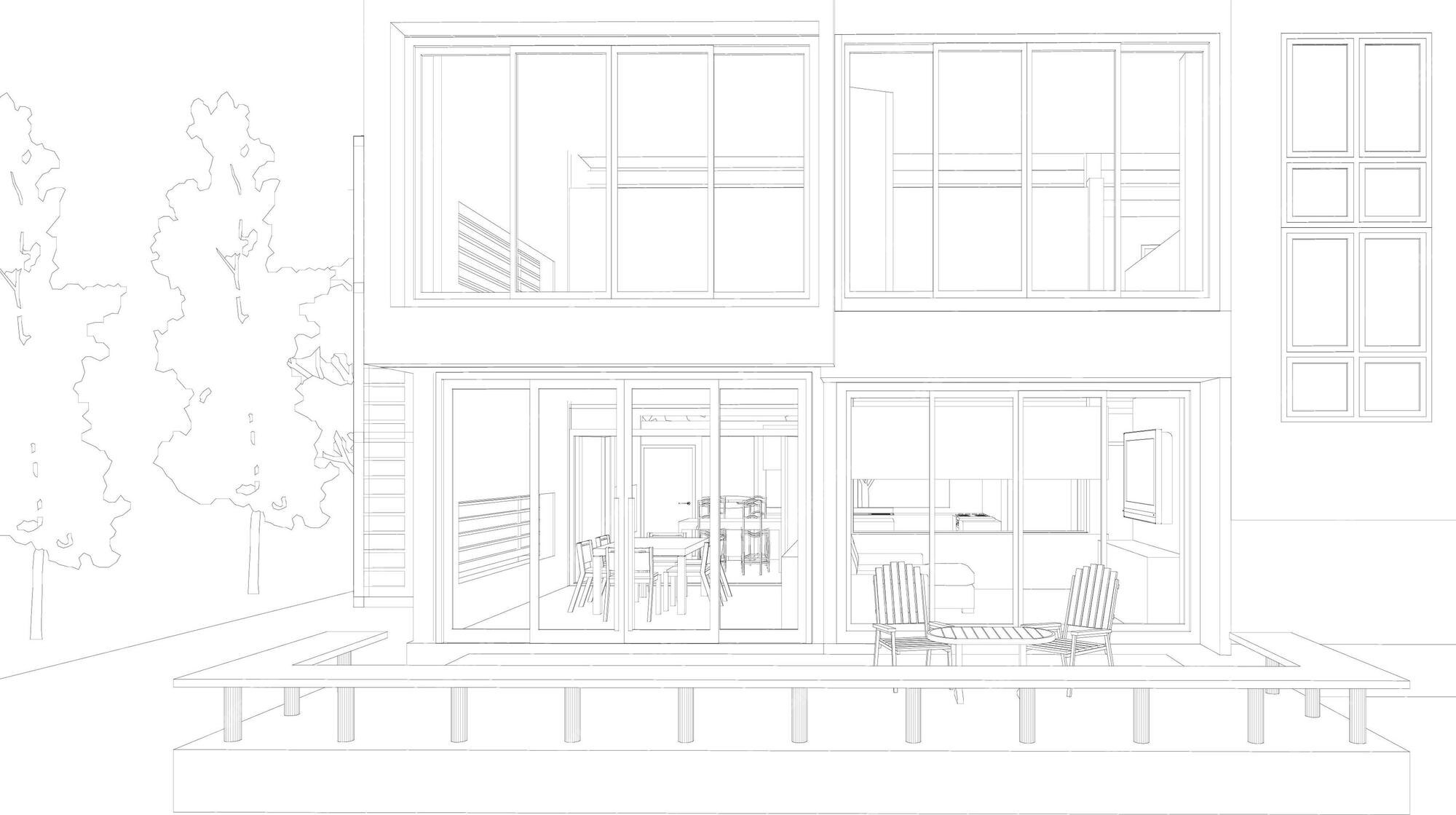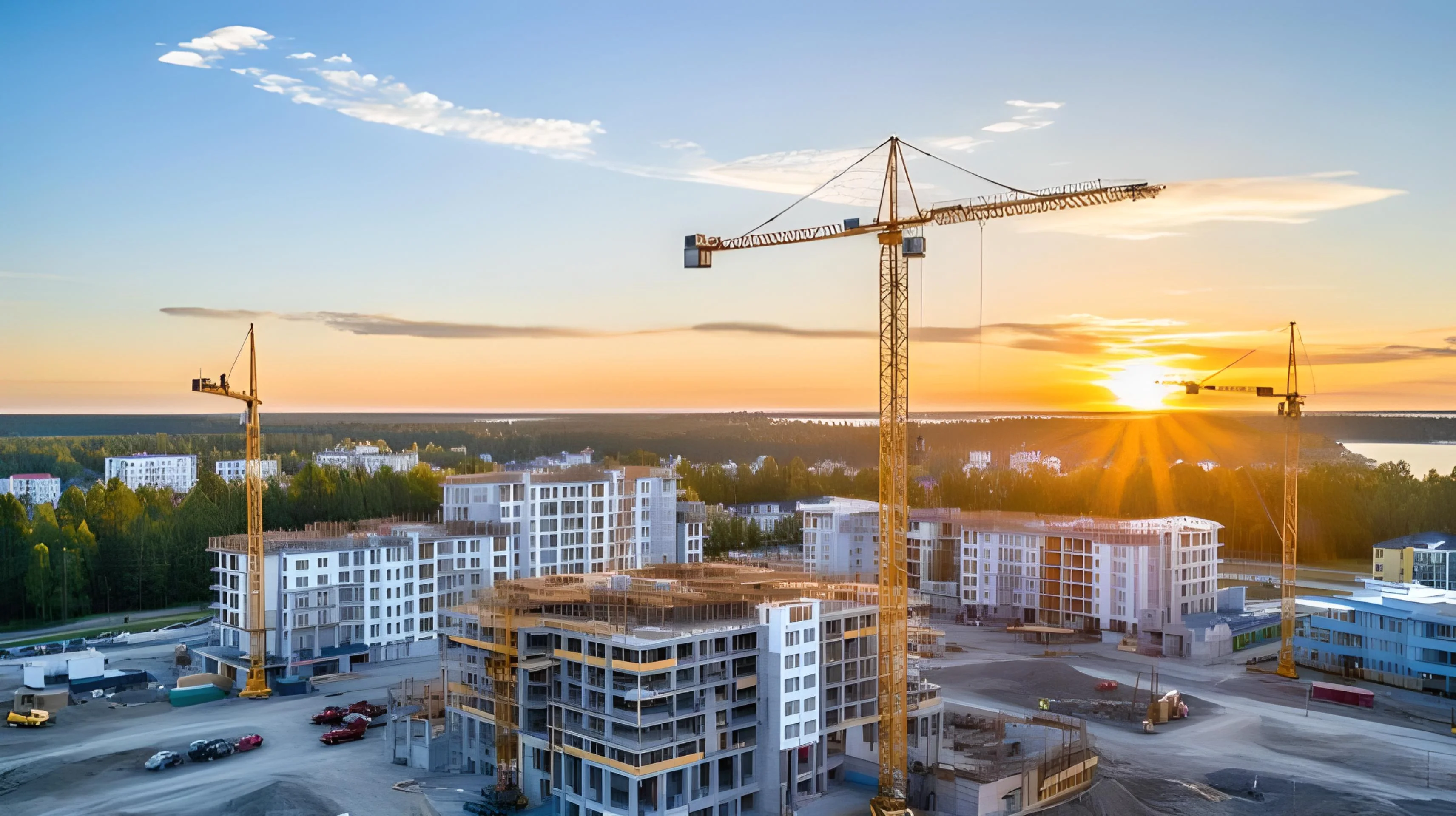Embarking on a construction project can be exciting, whether you’re building a new home, renovating an existing property, or undertaking a commercial development. However, to ensure the process goes smoothly and meets your expectations, it’s crucial to steer clear of common pitfalls. Here are some key things to avoid during construction:
1. Skipping Detailed Planning
Why it matters: Planning is the foundation of any successful construction project. Skipping or rushing through the planning phase can lead to delays, cost overruns, and dissatisfaction with the end result.
Tip: Take the time to develop a detailed project plan that includes clear objectives, timelines, budget allocations, and specifications for materials and finishes. Engage with architects, engineers, and contractors early on to iron out details and ensure everyone is on the same page.

Planning is the foundation of any successful construction project.
2. Ignoring Legal and Regulatory Requirements
Why it matters: Construction projects are subject to various legal and regulatory requirements, including permits, zoning laws, and building codes. Ignoring these can result in fines, delays, or even halting of the project.
Tip: Research and understand the specific requirements for your project location. Obtain all necessary permits and approvals before starting construction. Regularly check for updates or changes in regulations that may affect your project.
Build it right, Build it once
Request for a Free Quotation
3. Choosing the Wrong Contractor
Why it matters: The contractor you choose can make or break your project. Hiring an inexperienced or unreliable contractor may result in poor workmanship, delays, and budget overruns.
Tip: Conduct thorough research before selecting a contractor. Check references, review past projects, and verify credentials, licenses, and insurance. Obtain multiple bids and carefully evaluate proposals before making a decision. Communication and trust are crucial—choose a contractor who communicates well and with whom you feel comfortable working.
4. Poor Budget Management
Why it matters: Construction costs can quickly escalate if not managed properly. Poor budgeting can lead to financial strain, unfinished work, or compromise on quality.
Tip: Establish a realistic budget based on accurate cost estimates and contingency allowances. Monitor expenses closely throughout the project and track expenditures against the budget. Prioritize spending on critical elements while being mindful of potential cost-saving opportunities.
5. Compromising on Quality
Why it matters: Cutting corners on materials or workmanship to save costs can result in subpar construction that may require repairs or replacements sooner than expected.
Tip: Prioritize quality over cost where possible. Invest in durable materials and skilled labor to ensure the longevity and performance of your project. Work closely with your contractor to understand the quality standards for each aspect of the construction.
6. Neglecting Safety
Why it matters: Construction sites are inherently hazardous environments. Neglecting safety protocols can lead to accidents, injuries, and even fatalities.
Tip: Implement and enforce strict safety measures on the construction site. Provide proper training and equipment for workers. Regularly inspect the site for potential hazards and address them promptly. Prioritize the well-being of everyone involved in the project.
7. Lack of Communication
Why it matters: Clear and consistent communication is essential for keeping all stakeholders informed and aligned throughout the construction process.
Tip: Establish channels for communication among the project team, including architects, contractors, suppliers, and clients. Hold regular meetings to discuss progress, address concerns, and make decisions. Keep documentation of agreements and changes to avoid misunderstandings.
Conclusion
Avoiding these common pitfalls during construction can help you achieve a successful and satisfying outcome for your project. By focusing on detailed planning, compliance with regulations, careful contractor selection, effective budget management, commitment to quality, prioritizing safety, and maintaining clear communication, you can mitigate risks and ensure a smooth construction journey. Remember, proactive management and attention to detail are key to achieving your vision for your construction project.



